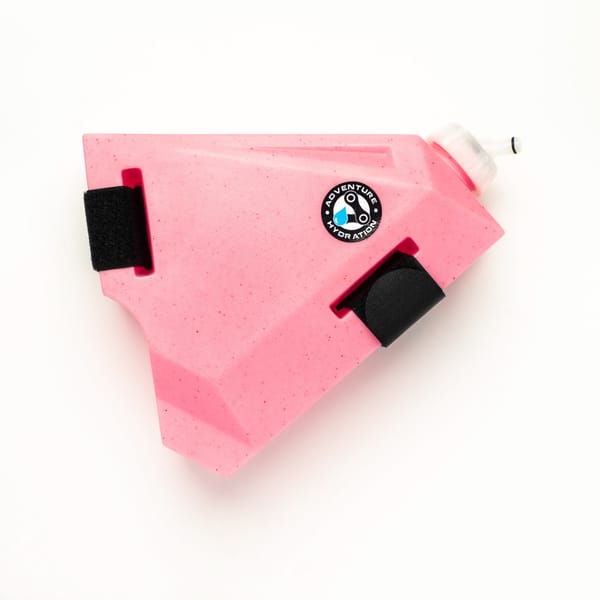The Fragmentation of the Feed: Why Social Media's New Era is a Good Thing
Social media is shifting from centralized giants to niche, decentralized platforms like Bluesky and Threads. Here's why this fracturing is not just inevitable but empowering.

It wasn’t that long ago when the world scrolled together. Twitter was the town square; Facebook, the neighborhood barbecue; Instagram, the meticulously curated highlight reel. Now, like a sprawling metropolis splintering into eclectic boroughs, social media is fracturing—and that’s a good thing.
Two recent contenders, Bluesky and Threads, have exploded in popularity. Bluesky, a Twitter-like platform built on the AT Protocol, saw its user base soar by millions in November. Threads, Meta’s algorithm-heavy alternative, also reported staggering growth, pulling in millions of new users. The common thread? Fleeing the bird site that once reigned supreme.
This migration isn’t just about Elon Musk’s algorithmic tweaks or the politics of platform moderation. It signals something deeper: a collective yearning for spaces that feel personal, not prescriptive.
The first is that tech and politics are just entirely enmeshed at this point. That’s due to the extreme extent to which tech has captured culture and the economy. Everything is a tech story now, including and especially politics.
The second point is about what I see as a more long-term shift away from centralization. What’s more interesting to me than people fleeing a service because they don’t like its politics is the emergence of unique experiences and cultures across all three of these services, as well as other, smaller competitors.
As Oscar Wilde quipped, “Be yourself; everyone else is already taken.” In this fragmented era, social media finally seems to be taking that advice. Instead of one-size-fits-all algorithms, platforms like Bluesky offer tailor-made experiences. Custom feeds let users curate their own digital reality—whether it’s Carly Rae Jepsen stans or obscure woodworking enthusiasts.
Meta’s Threads, on the other hand, leans into serendipity. Its algorithm digs up conversations from days past, valuing context over chronology. While it’s lousy for breaking news, it excels at surfacing thoughtful discourse—if you’re patient enough to find it.
These divergent philosophies point to a broader truth: centralization is out; specialization is in. What we’re witnessing isn’t the end of social media but the end of monoculture. And like the rise of indie films or craft beer, this decentralization is creating a landscape richer in variety and autonomy.
Sure, challenges abound. Decentralized platforms can feel chaotic, even disorienting. Bluesky’s moderation policies, for example, give users unprecedented control—but with great power comes great responsibility (thanks, Uncle Ben). Yet, this very messiness is the point. As we untangle from the grip of tech behemoths, we’re rediscovering the internet’s anarchic, democratic soul.
In the words of media theorist Marshall McLuhan, “We shape our tools, and thereafter our tools shape us.” By reshaping the tools of social connection, we’re taking back control—not just of our feeds, but of our future.
So go ahead, nuke your X account, join a niche subreddit, or dive into the decentralized wilds of Bluesky. The town square may be gone, but the city of social media is more vibrant than ever.





